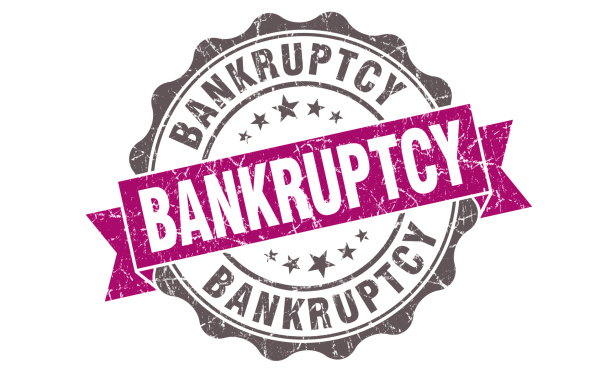On Jan. 21, in Official Committee of Unsecured Creditors of Motors Liquidation v. JPMorgan Chase Bank (In re Motors Liquidation), No. 13-2187, (2d Cir. Jan. 21, 2015), the U.S. Court of Appeals for the Second Circuit addressed whether a UCC-3 termination statement, which was improperly filed as part of the repayment of an unrelated loan, may be considered effective to terminate the security interest in question, even where none of the parties intended that result. After receiving guidance from the Delaware Supreme Court, to which a portion of the legal issues implicated in this case had been certified for opinion, the appellate court held that even though none of the parties intended for the security interest in question to be terminated, the filing of the termination statement was nevertheless effective.
Facts
This case is one of many that stems from the General Motors bankruptcy case, and relates to two large loans entered into by GM before its bankruptcy filing. In October 2001, GM entered into a synthetic lease financing transaction, whereby it obtained $300 million in financing from a syndicate of lenders, which included JPMorgan Chase Bank (JPMC) as a lender and as administrative agent for the loan. The synthetic lease was secured by liens on 12 pieces of real estate owned by GM. In 2006, GM entered into a term loan facility, whereby it obtained $1.5 billion in financing from a different syndicate of lenders, but one that also included JPMC as administrative agent. The term loan was secured by a large variety of GM’s assets. UCC-1 financing statements were filed in connection with the synthetic lease and the term loan in order to effectuate a perfection of the lenders’ security interests in their respective items of collateral. One such financing statement related to the $1.5 billion term loan, bearing file number 6416808, was filed with the Delaware secretary of state and covered all of GM’s equipment and fixtures at 42 different facilities (the Main Term Loan UCC-1). The Main Term Loan UCC-1 was considered “by far the most important” of the financing statements filed in connection with the term loan.
This content has been archived. It is available through our partners, LexisNexis® and Bloomberg Law.
To view this content, please continue to their sites.
Not a Lexis Subscriber?
Subscribe Now
Not a Bloomberg Law Subscriber?
Subscribe Now
LexisNexis® and Bloomberg Law are third party online distributors of the broad collection of current and archived versions of ALM's legal news publications. LexisNexis® and Bloomberg Law customers are able to access and use ALM's content, including content from the National Law Journal, The American Lawyer, Legaltech News, The New York Law Journal, and Corporate Counsel, as well as other sources of legal information.
For questions call 1-877-256-2472 or contact us at [email protected]



